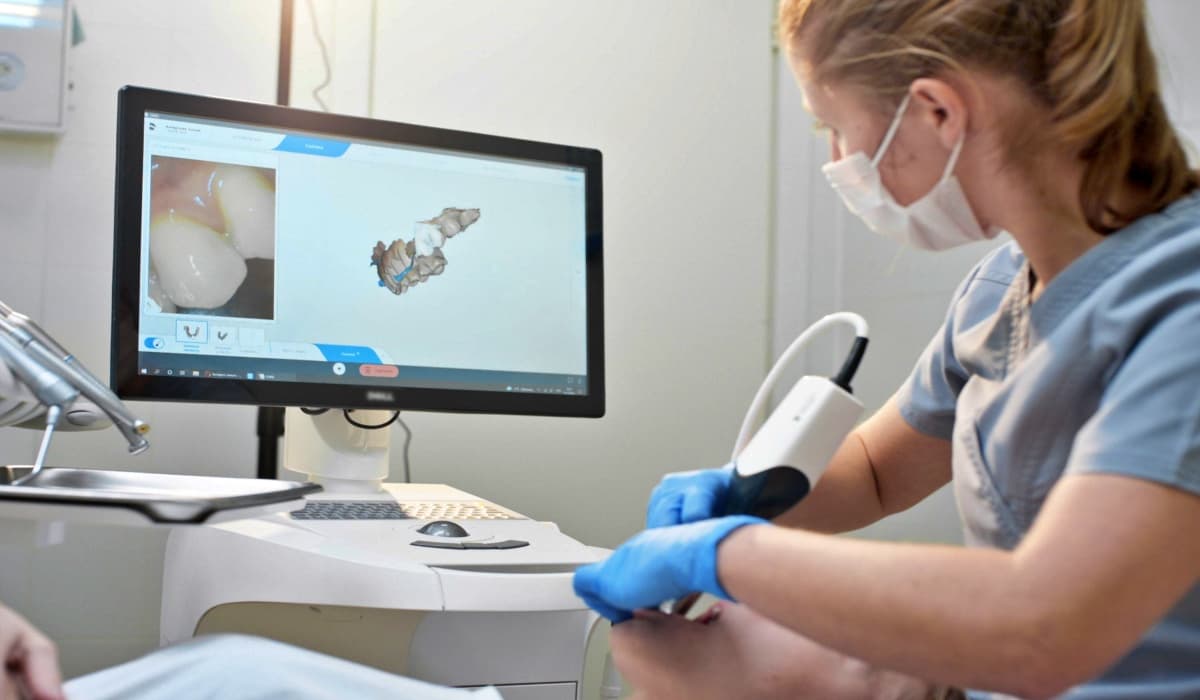
A team of researchers is exploring the potential of artificial intelligence to predict and prevent strokes in individuals without a prior history of heart issues. In Austin, Texas, Mark Goddard, vice president of clinical services at InfoBionic.Ai, is at the forefront of developing a wearable AI device that aims to detect subtle changes in cardiac telemetry.
Goddard envisions a future where this technology is accessible to a broader demographic, extending beyond the older populations who typically face higher stroke risks. He noted, “Right now, it’s not easy to go get an initial assessment when you’re younger and have no health problems because insurance doesn’t pay for that.” This limitation has largely restricted early assessments to older adults, typically those over the age of 50, who are more prone to conditions such as atrial fibrillation, a significant risk factor for strokes.
Revolutionizing Stroke Risk Assessment
The wearable device is designed to offer initial assessments that could be particularly beneficial for younger individuals engaging in strenuous physical activities. Goddard explained, “There are nuances within the waveforms that can give you an idea of, ‘hey, maybe we should go a little bit deeper here and do a little bit more diagnostic testing to make sure that this athlete is really a good candidate for being an athlete, and, you know, pushing hard.'”
As the technology progresses, the question of trust in AI-driven medical tools remains pivotal. Many potential users may hesitate to rely on such innovations for critical health assessments. The healthcare industry is currently witnessing a growing trend toward integrating AI into diagnostics, but acceptance among consumers could take time.
Goddard’s team believes that as technology advances and the effectiveness of AI in early stroke detection is demonstrated, the landscape of preventive healthcare could shift significantly. By increasing awareness and accessibility, the aim is to reduce the incidence of strokes, which are often preventable when early warning signs are detected.
The initiative by InfoBionic.Ai reflects a broader movement in healthcare toward utilizing advanced technologies to facilitate early diagnosis and intervention. As the development of this wearable AI device progresses, it holds the promise of not only transforming how strokes are detected but also enhancing overall public health outcomes.






